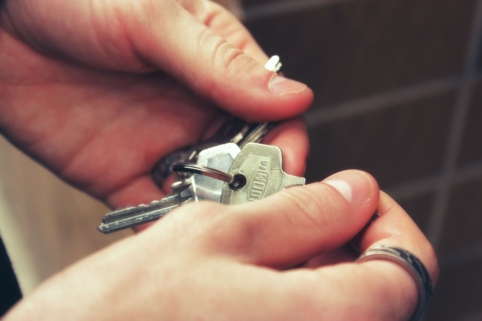Home Buying Tips for New U.S. Citizens
The home buying process is often daunting for many people, but for those who are new U.S. citizens, the task can be particularly difficult. However, having a house to oneself is a dream for many immigrants, and there are options available that can help make the process easier to navigate.
In order to help get your footing on the home buying process as a new U.S. citizen, here are a few tips and resources you can utilize to make your journey as easy as possible.
Save Early

While there are first-time homeowners loans available that immigrants should certainly take advantage of, these loans still require a down payment of 3.5%. Therefore, saving money in advance is imperative to the process.
Signing up for a bank account in the United States as a new citizen can be difficult, especially due to the potential lack of a U.S. credit score. However, there are now online banks that don’t require credit checks to sign up, allowing you to have a safe place to save your money during your home buying process.
Build Credit

As mentioned previously, credit scores play a major role in the home buying process; your credit history will impact the interest rates and loan amounts you have access to. This applies to most mortgage services, aside from a few agencies that perform underwriting for home buyers and don’t take credit score into account when applying.
However, there are options available for new citizens looking to build their credit. One option would be to use your international credit report to get credit in the United States. This means that you won’t need to spend time signing up for credit cards and building credit, if you have a solid credit score from your previous nation of residence.
Find Community Support

Remember that the home buying process isn’t something that you need to take on all by yourself. Through the support of your friends, family, and other members of your local community, you can find a great network of people who have been through the home buying process themselves. Many of them would be more than willing to provide insights and advice on how to navigate it in the best, most cost-effective way.
Finally, look for real estate agents that have experience working with new citizens, as they can often point you in the direction of the best resources for you to utilize while searching for a home. They will also be more understanding of your current situation, and give you the time and advice you need, to avoid rushing into the process and overspending, or settling on a home you don’t enjoy. At the end of the day, being a homeowner is a wonderful experience, and the day you finally sign the final deal will be incredibly rewarding.
Relatable articles: Why “We Buy Houses for Cash” is a Bad Idea


